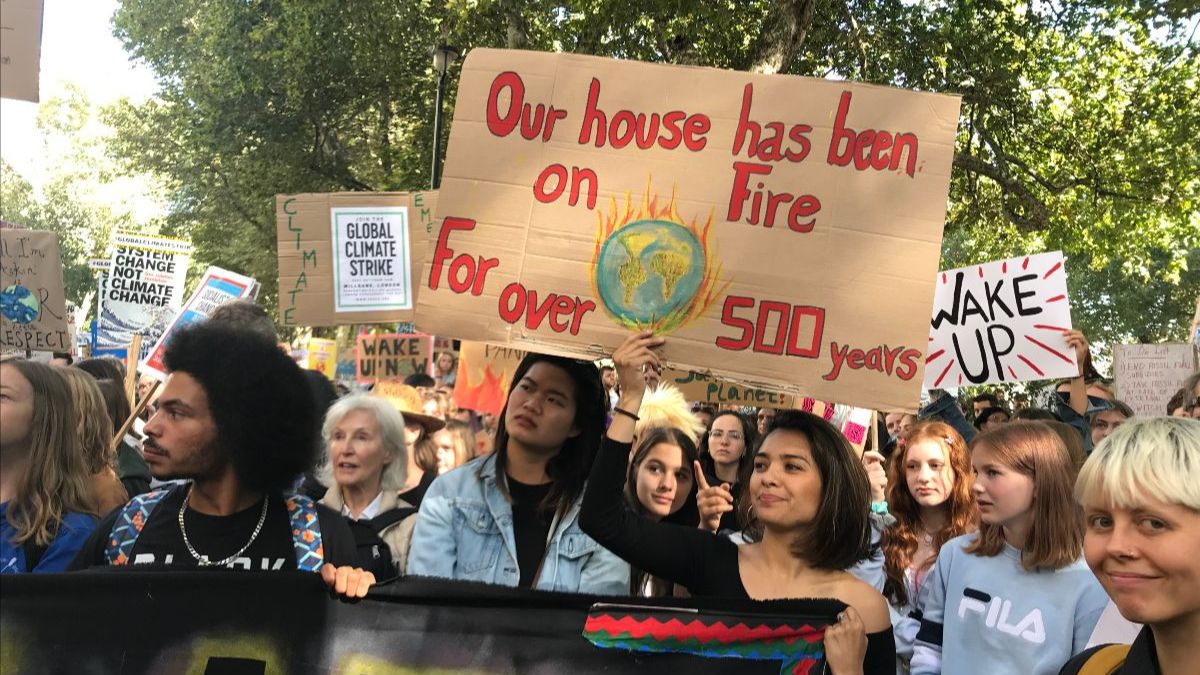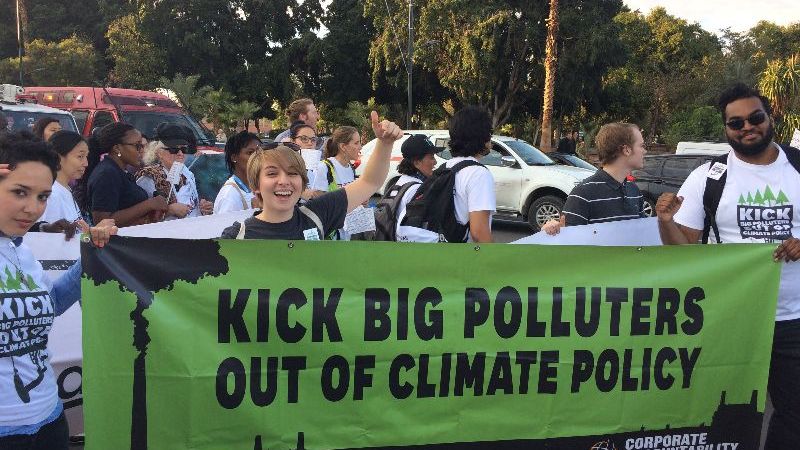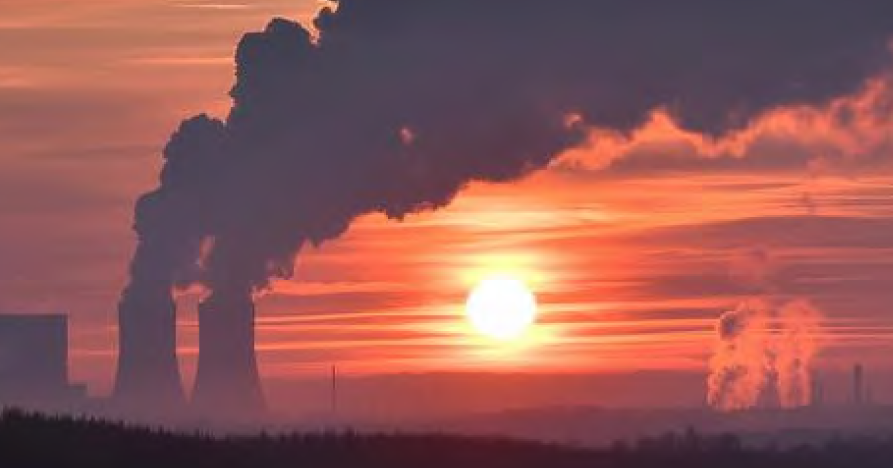Welcome to our first COP26 Coalition Newsletter! With a busy 18 months ahead, our aim is to update you every so often on what is happening across the Coalition, what big things are coming up next, and what else is happening around COP26.
We want this newsletter to be primarily for the Coalition by Coalition members, so if you have interesting things to share, use this form to submit news, but also links, videos and articles important to the Coalition, and we will include a selection in the next newsletter. Keep in mind that we are still using Slack for event announcements etc. and that this newsletter will be available for the public!

News from across the Coalition
After organising assemblies in Glasgow, Edinburgh and London since September 2019, we have moved to fully online meetings due to the COVID-19 pandemic, with full Coalition Assemblies every 5-6 weeks and most working groups meeting every 2-3 weeks via conference call.
Since June, we have our two coordinators in place, Camille (London) and Quan (Glasgow), who will support the Coalition going forward. They are working under guidance from the Coalition’s Coordinating Committee which has now been set up.
The Political Strategy Working Group has been doing some homework! They’ve been researching historical climate justice demands and have compiled a list here which we are using as a reference in determining our own strategy and demands around COP26.
They have also written a Coalition statement on COVID-19, explaining how the COVID crisis has highlighted existing social and ecological injustices, and that any response going forward needs to put those most vulnerable first to be truly transformative, and are planning a COP26 speaker series, where we will share knowledge about the history, process, and flaws of the UNFCCC negotiations in interactive webinars. You can find the first session here, which will be on the basics of UN Climate negotiations – sign up!
Our communications work has advanced and we now have a lovely logo and visual branding for the Coalition as well as some social media profiles – be sure to follow us on Twitter and Facebook – TikTok and Instagram coming soon! We are also developing a brand new website where, amongst many other incredible resources, visitors will be able to find and sign up for this newsletter!
Lastly, all the working groups are coming together to plan an online People’s Summit this November, when the COP would have been.

Get involved!
Are you an influencer and have way too many followers? Do you want to be involved in building a website (no technical expertise required)? The comms working group is looking for people to help out with all of these things and more – contact Nathan if you’d like to get involved!
Do you like money? Do you know how to write grant applications, or know somebody who does? The fundraising working group needs your help! We need to raise heaps more money for mobilisations and to support allies from the frontlines of the climate struggle to have their voices heard. Contact Camille and Quan!
If you’re more into figuring out things on the ground in Glasgow, give Nick from the Logistics working group a shout – we need people to get involved in securing venues, organising transport, food and accommodation. Without logistics, nothing will happen, so get involved!
News, Links, and Resources
- What story should we tell when we approach COP26? There is a lot to be learned from past mobilisations around Copenhagen, where a now-or-never narrative, emphasising the urgency and moral duty to act now, led to burnout and depression within the climate movement, after the negotiations ended in disaster. Here is an interesting article on how we can learn lessons from past mobilisations, and how emphasizing urgency may be critical, but ‘now or never’ narratives undermine sustained action.
- With so many of us now working from home, many have been asking why COP26 and other international summits don’t simply move online. After all, it would save tens of thousands of flights each year. While we all share the desire to dramatically reduce emissions from aviation, digital technologies are not a silver bullet solution. This brilliant Third World Network explainer is a must-read for anyone who is asking “why can’t they just do COP over Zoom?”.
- Normally, whoever causes a mess should also clean up the mess. The UK, with other European countries, have spent two centuries growing rich driven by fossil fuels, while countries in the global south that contributed least to climate change will suffer the most from it. This great infographic by War on Want and Friends of the Earth shows what the UK must do for their fair share to reach the critical 1.5° guardrail.
- This is a great article by Dr Jale Samuwai, Oxfam Pacific, on what pandemics, cyclones and climate change have in common: all these expose inequality as the root problem and lay bare the fatal flaws of our economic systems.
- What does Climate Justice really mean, and where does it come from? Here is an interesting article by the Rosa Luxemburg Foundation that looks at how the debate within environmental movements has developed, and that Climate Justice is not only an objective to be achieved (e.g. emission reduction or redistribution of wealth), but a process of transforming the social structures that caused climate injustice.
- In a recent study by the Stockholm environment Institute and Oil Change International, researchers show how wealthy countries must begin the phasing out of fossil fuels, as they can best afford it and will see the least social cost. The study proposes five principles to guide this necessary phase-out in a way that ensures a just transition. Here is a summary, and here is the full paper.
- On 8 June, a coalition of 195 organisations marked World Ocean day by warning governments and corporations about the dangers of geo-engineering. Recently, it was revealed that Australia is breaking the international moratorium on geoengineering, setting a precedent not only for technical solutions that damage ecosystems, but delays climate action that address the root causes of climate change.
And last, but not least: If you’ve not been to Glasgow before, and want to get to know the city and the venue of the UNFCCC negotiations, watch this excellent video that really captures the city’s spirit.
